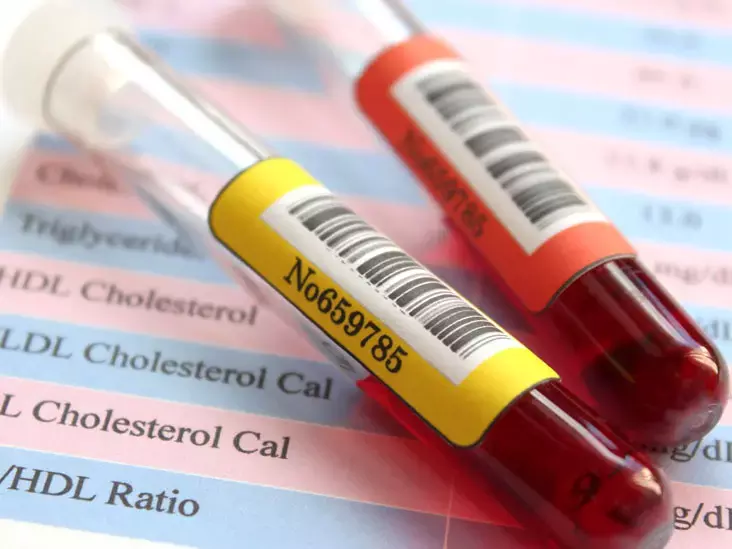- Home
- Medical news & Guidelines
- Anesthesiology
- Cardiology and CTVS
- Critical Care
- Dentistry
- Dermatology
- Diabetes and Endocrinology
- ENT
- Gastroenterology
- Medicine
- Nephrology
- Neurology
- Obstretics-Gynaecology
- Oncology
- Ophthalmology
- Orthopaedics
- Pediatrics-Neonatology
- Psychiatry
- Pulmonology
- Radiology
- Surgery
- Urology
- Laboratory Medicine
- Diet
- Nursing
- Paramedical
- Physiotherapy
- Health news
- Fact Check
- Bone Health Fact Check
- Brain Health Fact Check
- Cancer Related Fact Check
- Child Care Fact Check
- Dental and oral health fact check
- Diabetes and metabolic health fact check
- Diet and Nutrition Fact Check
- Eye and ENT Care Fact Check
- Fitness fact check
- Gut health fact check
- Heart health fact check
- Kidney health fact check
- Medical education fact check
- Men's health fact check
- Respiratory fact check
- Skin and hair care fact check
- Vaccine and Immunization fact check
- Women's health fact check
- AYUSH
- State News
- Andaman and Nicobar Islands
- Andhra Pradesh
- Arunachal Pradesh
- Assam
- Bihar
- Chandigarh
- Chattisgarh
- Dadra and Nagar Haveli
- Daman and Diu
- Delhi
- Goa
- Gujarat
- Haryana
- Himachal Pradesh
- Jammu & Kashmir
- Jharkhand
- Karnataka
- Kerala
- Ladakh
- Lakshadweep
- Madhya Pradesh
- Maharashtra
- Manipur
- Meghalaya
- Mizoram
- Nagaland
- Odisha
- Puducherry
- Punjab
- Rajasthan
- Sikkim
- Tamil Nadu
- Telangana
- Tripura
- Uttar Pradesh
- Uttrakhand
- West Bengal
- Medical Education
- Industry
Lower LDL-C associated with low risk of CKD progression, finds study

Korea: According to a recent study, there is a graded connection between LDL-C and the probability of poor cardiovascular outcomes in patients with chronic kidney disease (CKD). Low-density lipoprotein cholesterol (LDL-C) <70 mg/dL was associated with the lowest risk of CKD progression, indicating that a lower LDL-C goal may be appropriate.
The study indicates that lipid management is important in CKD patients without kidney replacement therapy.
The findings were published in Nutrition, Metabolism & Cardiovascular Diseases on 12th October 2021.
The optimum amount of low-density lipoprotein cholesterol to avoid cardiovascular disease in people with chronic kidney disease is unclear. To clarify the same, Changhyun Lee, National Health Insurance Service Medical Center, Ilsan Hospital, Goyang-si, Gyeonggi-do, Korea, and colleagues aimed to investigate the relationship between LDL-C levels and poor cardiovascular and renal outcomes in Korean CKD patients, as well as to test the validity of the "lower, the better" statin consumption strategy.
The Korean cohort study for Outcome in Participants with CKD (KNOW-CKD) comprised a total of 1,886 patients. LDL-C levels in patients were divided into four categories: 70, 70–99, 100–129, and 130 mg/dL. The primary outcome was the number of significant cardiovascular events that lasted for a lengthy period of time (eMACEs). All-cause mortality and CKD progression were secondary outcomes.
Although CKD is associated with an increased risk of cardiovascular disease, the positive effects of lowering LDL-C targets in individuals with CKD remain unclear. LDL-C levels of 70 mg/dL were linked with a greater risk of poor cardiovascular outcome in individuals with CKD in this prospective cohort research. Patients with LDL-C levels less than 70 mg/dL had a reduced risk of CKD development.
In conclusion, LDL-C level <70 mg/dL was associated with a higher risk of adverse cardiovascular outcome in patients with CKD. Risk of the progression of CKD was also lower in patients with LDL-C level <70 mg/dL.Thus, lipid management is important in CKD patients without kidney replacement therapy.
Reference:
Lee, C., Park, J. T., Chang, T.-I., Kang, E. W., Nam, K. H., Joo, Y. S., Sung, S.-A., Kim, Y. H., Chae, D.-W., Park, S. K., Ahn, C., Oh, K.-H., Yoo, T.-H., Kang, S.-W., & Han, S. H. (2021). Low-density lipoprotein cholesterol levels and adverse clinical outcomes in chronic kidney disease: results from the KNOW-CKD. In Nutrition, Metabolism and Cardiovascular Diseases. Elsevier BV. https://doi.org/10.1016/j.numecd.2021.09.037
Dr Kartikeya Kohli is an Internal Medicine Consultant at Sitaram Bhartia Hospital in Delhi with super speciality training in Nephrology. He has worked with various eminent hospitals like Indraprastha Apollo Hospital, Sir Gangaram Hospital. He holds an MBBS from Kasturba Medical College Manipal, DNB Internal Medicine, Post Graduate Diploma in Clinical Research and Business Development, Fellow DNB Nephrology, MRCP and ECFMG Certification. He has been closely associated with India Medical Association South Delhi Branch and Delhi Medical Association and has been organising continuing medical education programs on their behalf from time to time. Further he has been contributing medical articles for their newsletters as well. He is also associated with electronic media and TV for conduction and presentation of health programs. He has been associated with Medical Dialogues for last 3 years and contributing articles on regular basis.
Dr Kamal Kant Kohli-MBBS, DTCD- a chest specialist with more than 30 years of practice and a flair for writing clinical articles, Dr Kamal Kant Kohli joined Medical Dialogues as a Chief Editor of Medical News. Besides writing articles, as an editor, he proofreads and verifies all the medical content published on Medical Dialogues including those coming from journals, studies,medical conferences,guidelines etc. Email: drkohli@medicaldialogues.in. Contact no. 011-43720751


